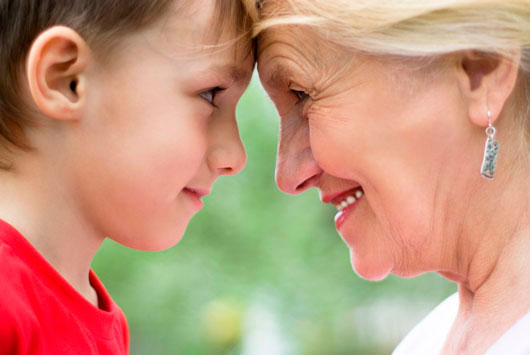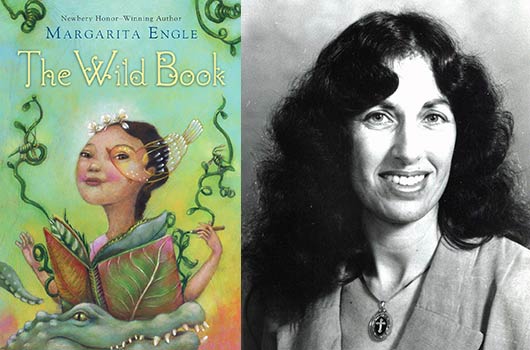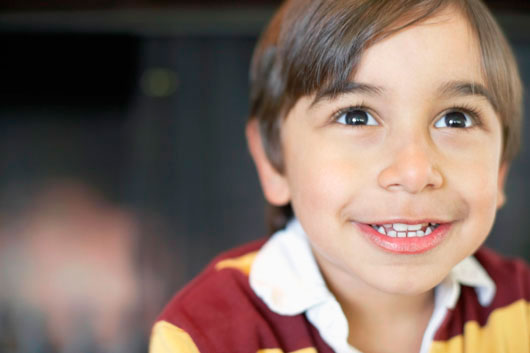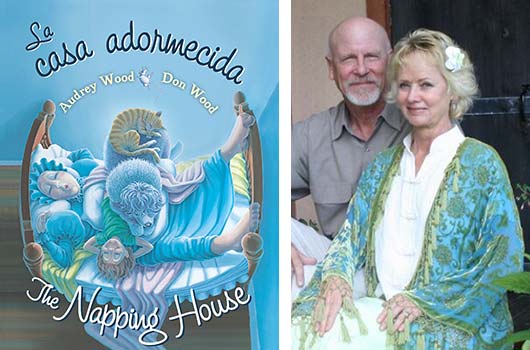
“Él no es asi.” (He’s not like that.)
That was my mother’s initial reaction when I expressed concern that my son Norrin might have autism. He was almost two years old and not doing the things that other kids his age were adept at. He wasn’t pointing, clapping or waving and he had no language skills.
Still my mother thought there was nothing to be concerned about—certainly not autism.
And after Norrin’s diagnosis, I still believe my mother had doubts. All we knew about autism was Dustin Hoffman’s character in Rain Man. And my mother could not envision her beautiful little grandson growing up to become someone forgotten about in an institution.
I didn’t know what autism was before Norrin was diagnosed. Growing up I didn’t know anyone who had it. And I’ve since learned that disability of any kind isn’t something openly discussed in the Latino community, especially an invisible disability like autism. I’ve also heard that older generations of Latinos—our Abuelas, our Tíos and Tías—dismiss autism as something that can be treated with a little discipline.
Read Related: Children’s Health Issues Every Mom Should Be Aware Of
In the months after Norrin’s diagnosis, I really needed my mother. Not only for her emotional support but to help with Norrin. An autism diagnosis required hours of therapies that I could not always be a part of because I had to work. And if she was going to be involved, I needed her to understand.
My mother may not have initially agreed with the diagnosis but she didn’t interfere with the therapists. In the beginning it was difficult for her—hearing Norrin cry during those first few sessions and not being to step in to “save him.” My mother watched the therapists and on days when they couldn’t come over—she’d sit at the table with Norrin and work with him. The therapists often praised my mother for her patience and interaction with Norrin.
I feel extremely lucky that my mother was able to accept Norrin just as he is but I know this is not always the case for some families. It can be hard for an older generation to understand and accept something they know nothing about. So here are some ways you can help abuela and other members of your family understand your autistic child.
-
Explain what autism is and stress that it is a spectrum. Explain that not all children with autism are intellectually disabled. Explain that many kids with autism do have language. And stress that kids with autism aren’t bad kids who need to be disciplined.
-
Have them sit in on a therapy session. If your child is receiving services at home, invite them to come in and observe. Or invite them to a school function. Involve them as much as possible.
-
Give them alone time with your child. Bonding time is important. Give your loved ones the opportunity to spend quality time with your child—even if it’s just ten minutes. Let them get used to each other and find their own way to connect.











